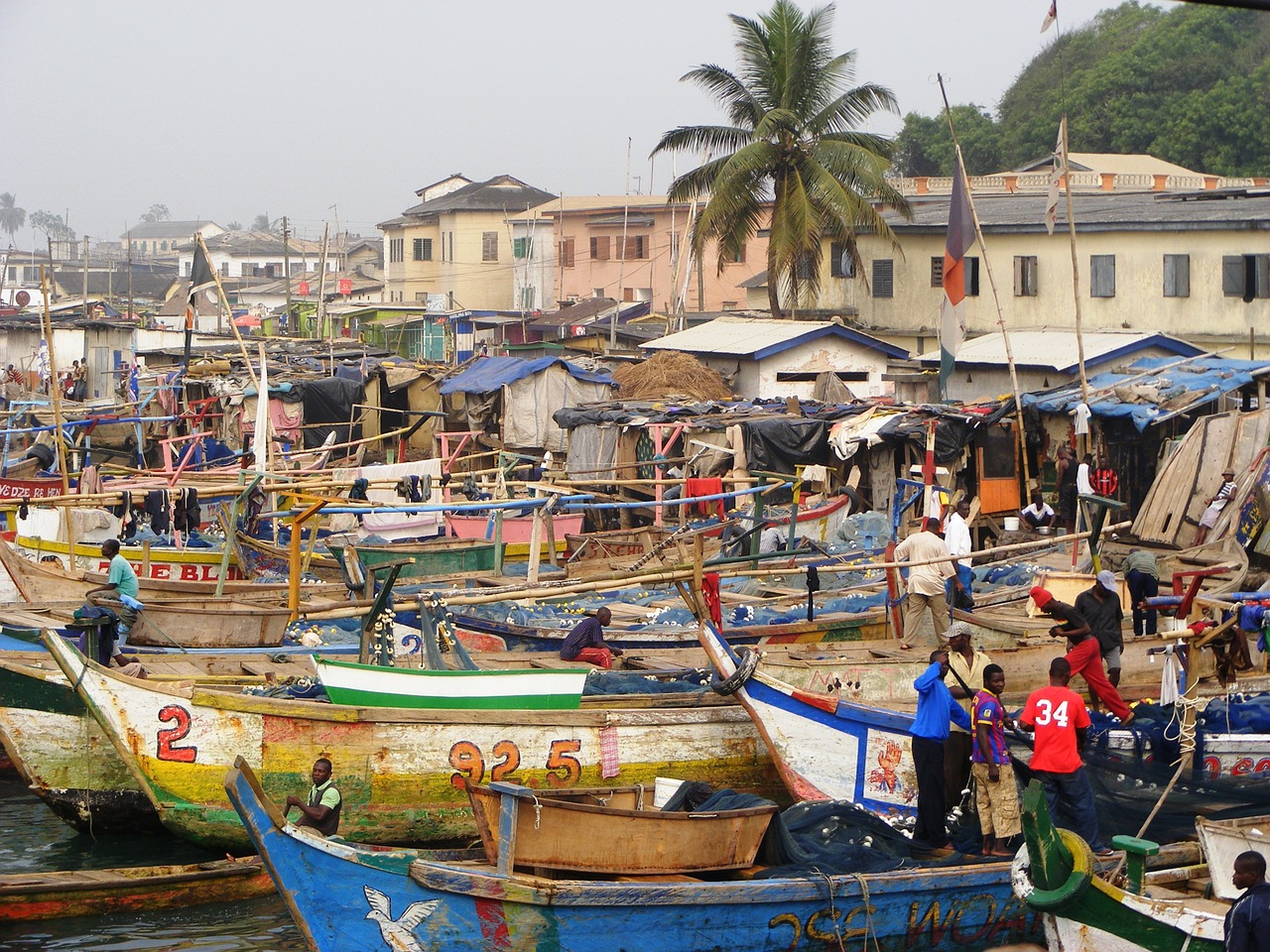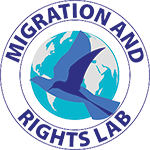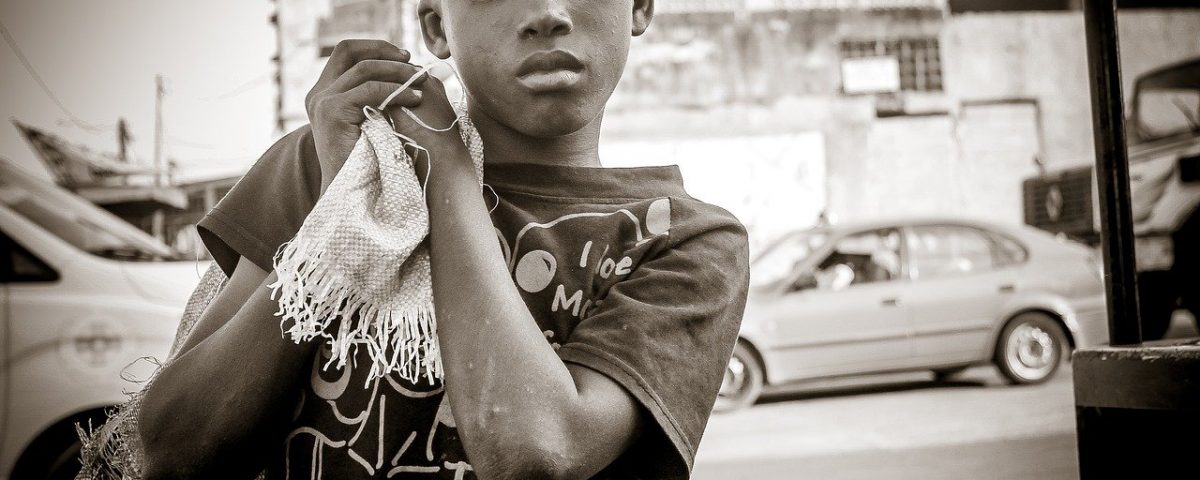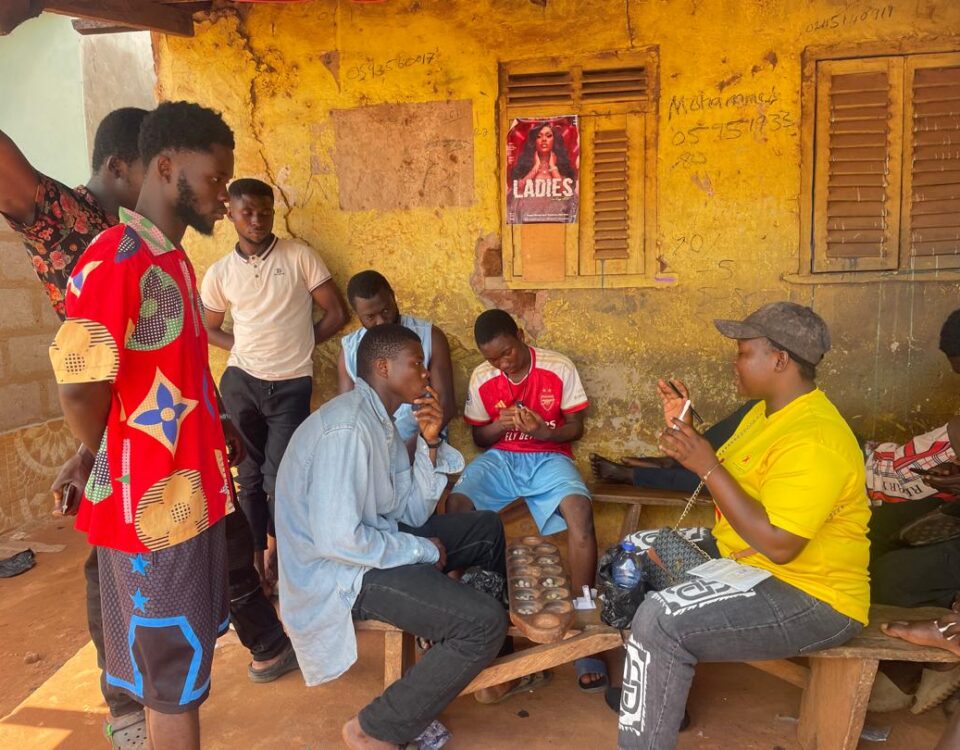
Regional Migration Forum – Bono
January 9, 2020
New U.S. Travel Ban and Implications for Africa Summarised
February 5, 2020Introduction
Global estimation of child laborers stands at 218 million children in employment; of this, 152 million children are engaged in child labour, while 73 million are considered to be in hazardous work (ILO, 2017). Children aged 5 to 11 years are the most affected. This number make up about 48% of all children in labour and hazardous work worldwide. Globally, an estimated 10 million children are believed to be in modern slavery. These children are engaged in exploitative acts such as debt bondage, domestic servitude, prostitution and forced marriage (ILO, 2017; Anti-slavery International, 2018). Though child related exploitations are a worldwide problem, the menace is more pronounced in the developing world such as Asia and Africa than the developed world for reasons such as poverty, unemployment, high fertility rates, weak social support systems and weak institutional enforcement (ILO, 2017; Dammert. 2017).
Three continents-Asia, Africa and South America harbour close to 90% of the world’s child labourers and slaves (ILO, 2017). Sub-Saharan Africa has the highest rate of child labour and trafficking prevalence. In percentage terms, 19.6% of children representing 72 million aged 5 to 17 years in Africa are still in labour, while 8.6% (32 million) are estimated to be in hazardous work. In contrast the equivalent rates for child labour and trafficking in Asia and the Pacific is 7.4% (62million), while the Americas have a rate of 5.3% (11million) (ILO, 2018). In Ghana, child labour and hazardous child work are both prevalent. Ghana has been described by the US Department of States in its annual Trafficking in Persons (TIP) report as both origin and destination for human trafficking. While the country has improved upon its ranking in the TIP from tier 2 watch list in 2016 to tier 2 in 2017 and sustaining this ranking in 2018, there are still significant numbers of children falling into trafficking in Ghana in different sectors of the economy including agriculture, fishing, domestic servitude, mining and a host of illegal activities including forced marriages and child sexual exploitations.


